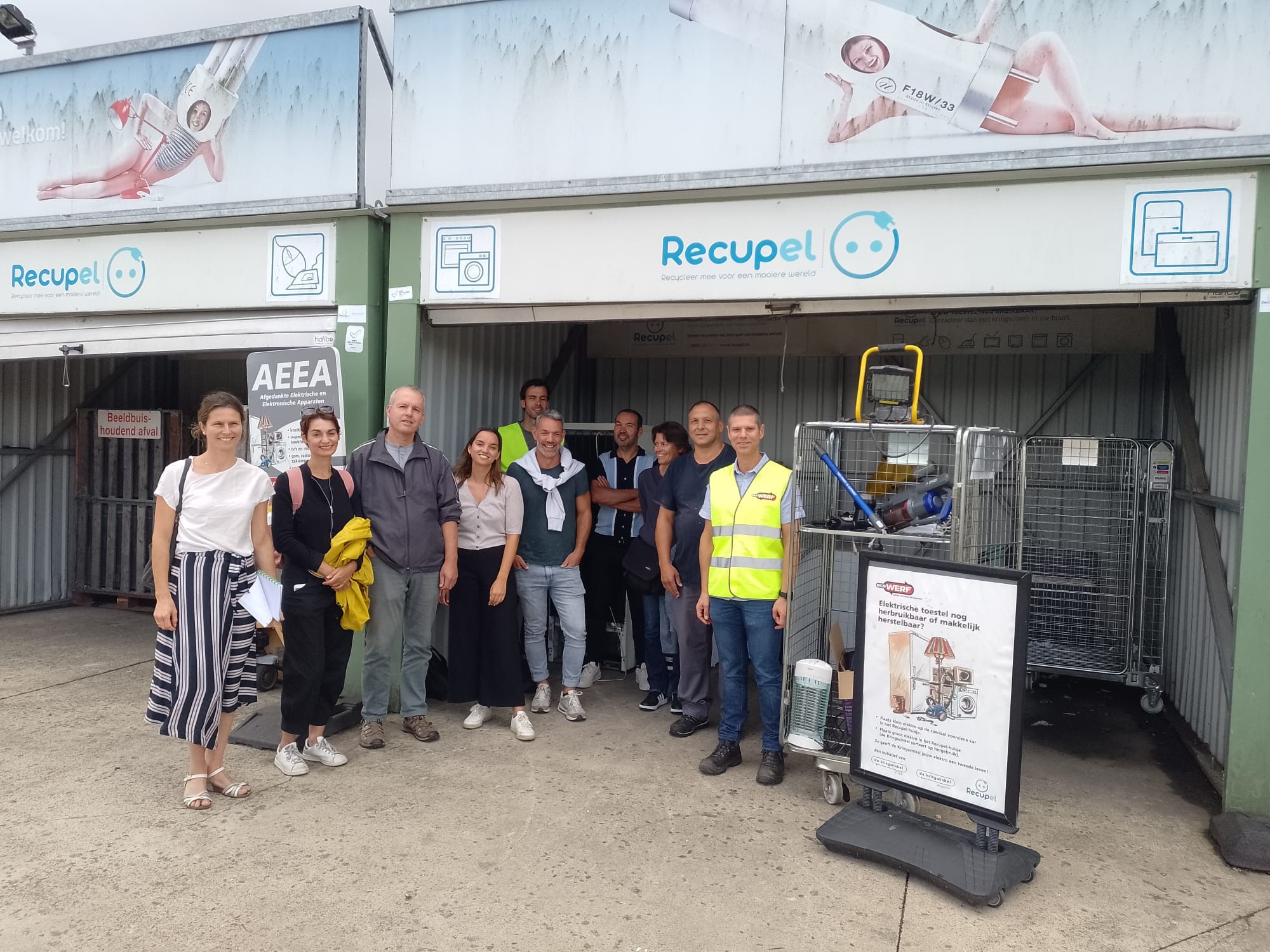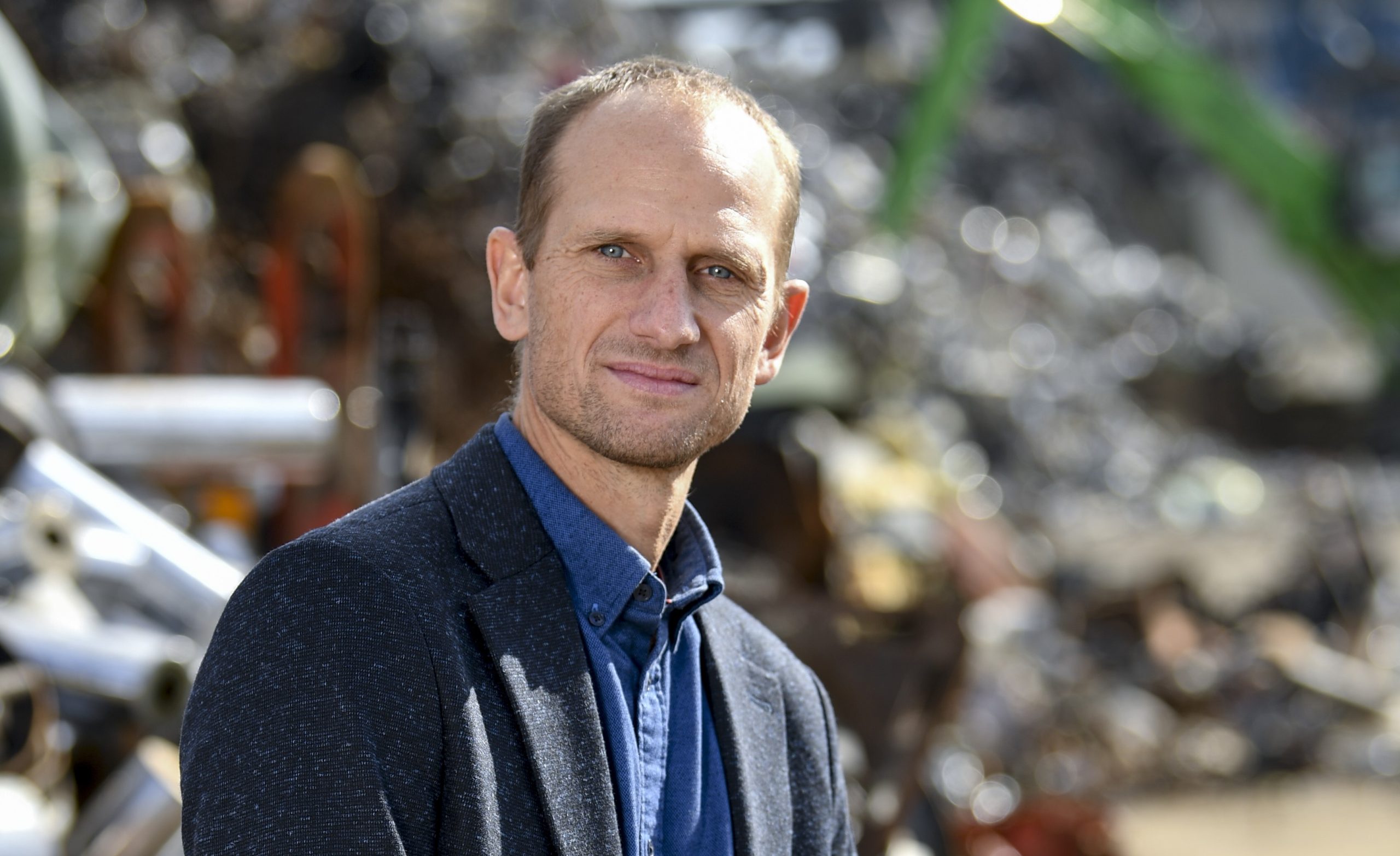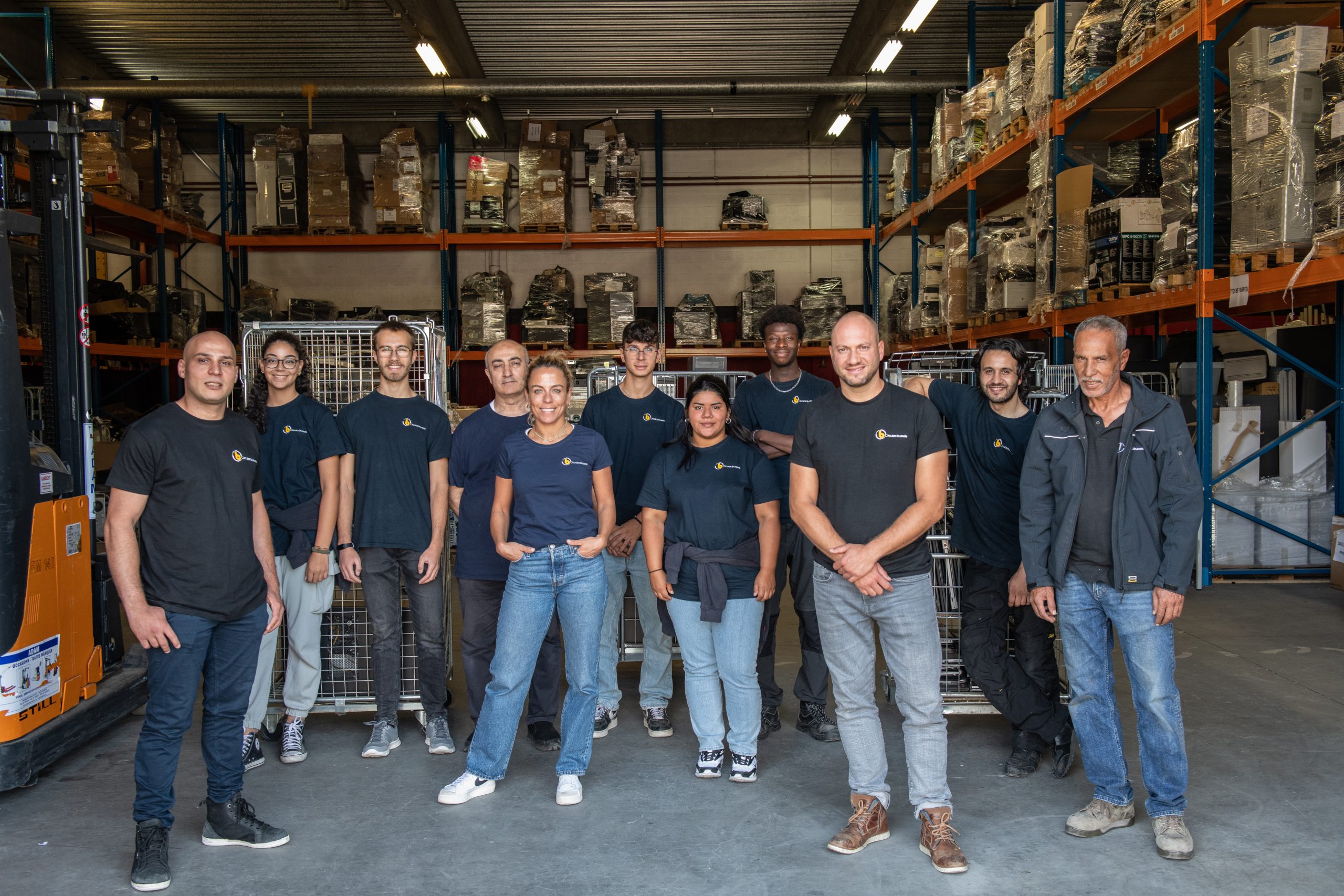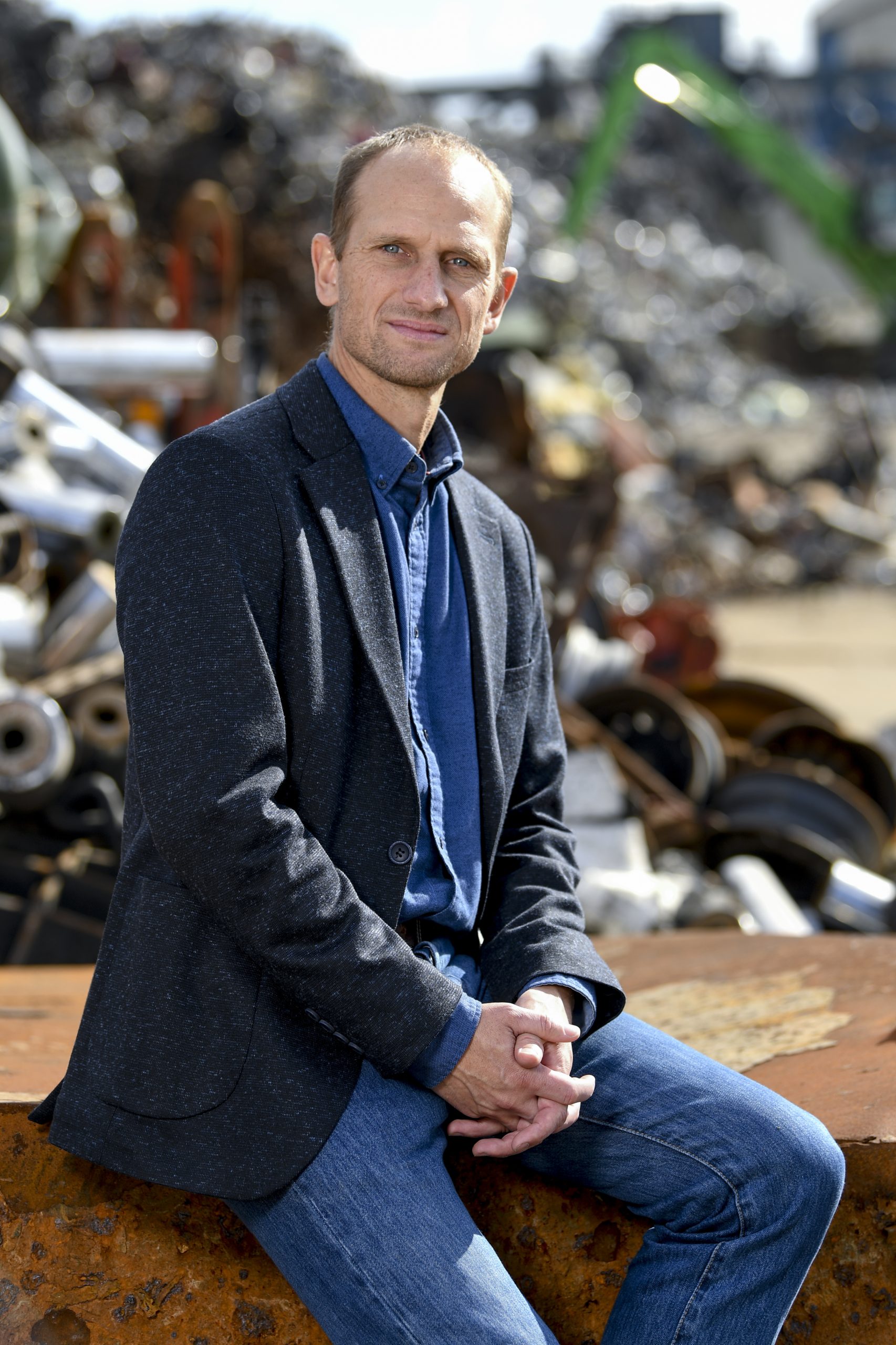Repair and reuse first
Repair&Share helps remove barriers to repair and reuse with projects on circular business models and sharing systems. This is something Recupel is fully committed to.
“Of the electrical appliances that are today being collected for recycling, 40% can simply be repaired. And yet, these appliances are rarely reused”, says Ward Dumon, coordinator of Repair&Share’s Repair zkt Hub project. Dumon has vast experience with repairs. He started off in 1989 at the central servicing department at Philips, and in 1994, he made the leap to become an independent TV repairer. In 2000, he took over Servilux, a repairs company he headed for 22 years. Servilux’s 160 employees repair household appliances at customers’ homes or in workplaces. During Dumon’s tenure, expansion into Luxembourg and the Netherlands are just a couple of the successes Servilux enjoyed.
So Dumon has certainly proven that repairs are a successful business model. He brought all that experience with him to Repair&Share, where he sets up projects to extend products’ lifespan. For this, he and his colleagues work with companies, citizens’ initiatives and professional repairers. One example is the Repair map on the website. There, people can find professional repairers or a Repair Café in their neighbourhood.
Mindset shift
“Conventional business models are traditionally not based on repairs, extending lifespan and reuse”, explains Dumon. “That’s why one of the things we are battling with is a fair price ratio between buying new and repairs. Repairs are often complicated and time-consuming because products are not necessarily designed for that. Spare parts are relatively expensive and you need specific tools or diagnosis software. In that sense, repair professionals find it difficult to compete with the price of buying new.”
“On the other hand, we don’t always pay a fair price for new products. One example is the environmental cost for production and transport. The balance between the cost of repair and a new purchase needs to be more realistic. Our recommendations include offering ‘repair cheques’ and the obligation to offer spare parts (new or second-hand). A tax shift is another solution: taxing the use of primary raw materials higher than circular activity.”
Recupel huts
At the end of 2020, the Repair zkt Hub was launched. Together with 22 partners, including Recupel, Repair&Share wants to strengthen the repairing capacity of social entrepreneurs and circular players. The focus is on three primary aspects: employment and training, research of product streams, and new business models for repairs. The project gets financial support from the Flemish government’s Department of Work and Social Economy and from Circular Flanders.
Dumon: “Within the product stream area, Recupel offers logistics support in the test project on ‘Careful Collection’. The goal is to collect reusable and repairable electrical and electronic appliances at recycling centres. For this, Recupel invests in marketing and in setting up ‘Recupel huts’, where visitors can place appliances or devices that can still be used on trolleys. This means they have more chance of being repaired and reused than when they are piled up on each other in a bulk container, where they risk being damaged. Second-hand shops pick up the appliances and devices, repair them when necessary and offer them for sale again. Agreements and compensation for logistics and resale are set out by Recupel in cooperation contracts.”
‘Repair First’
This project is still fully underway. “In 2023, we want to expand the number of participating recycling centres,” says Dumon. At the same time, new initiatives are being rolled out. “At the beginning of this year, we started the VLAIO project ‘Repair First’, in which Recupel plays a very valuable role. The idea is to increase the lifespan of small electrical and electronic appliances by offering repair as the first option.”



